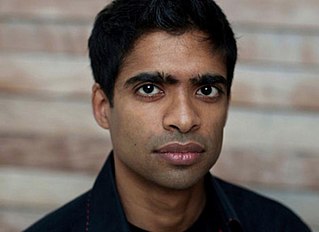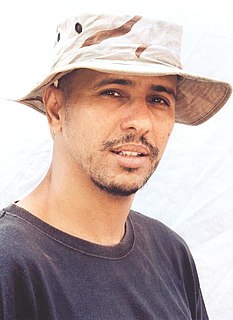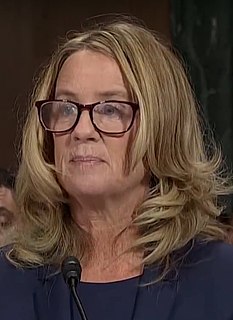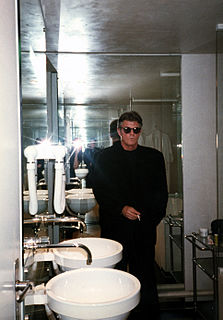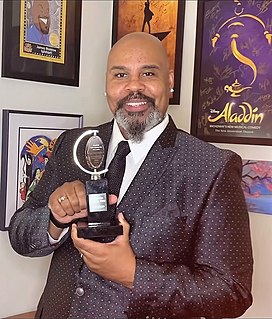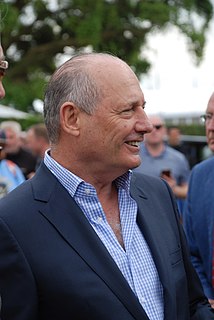A Quote by John Sexton
In 1979, I received a phone call from Ansel Adams asking me if I would be willing to consider coming to work for him. I was teaching photography in Southern California at that point.
Related Quotes
If I was concerned about being accepted, I would have been doing Ansel Adams lookalikes, because that was easily accepted. Everything I did was never accepted...but luckily for me, my interest in the subject and my passion for the subject took me to the point that I wasn't wounded by that, and eventually, people came around to me.
Quality doesn't mean deep blacks and whatever tonal range. That's not quality, that's a kind of quality. The pictures of Robert Frank might strike someone as being sloppy-the tone range isn't right and things like that-but they're far superior to the pictures of Ansel Adams with regard to quality, because the quality of Ansel Adams, if I may say so, is essentially the quality of a postcard. But the quality of Robert Frank is a quality that has something to do with what he's doing, what his mind is. It's not balancing out the sky to the sand and so forth. It's got to do with intention.
I was living in Monterey, a place where the classic photographers - the Westons, Wynn Bullock and Ansel Adams - came for a privileged view of nature. But my daily life very rarely took me to Point Lobos or Yosemite; it took me to shopping centers, and gas stations and all the other unhealthy growth that flourished beside the highway. It was a landscape that no one else had much interest in looking at. Other than me.
The attorney general called and asked me if I was willing to be interviewed for FBI director. And the truth is I told him I didn't think so, that I thought it was too much for my family. But that I would sleep on it and call him back in the morning. And so I went to bed that night convinced I was going to call him back and say no.
I keep "leave me alone, I'm busy " pretending to work sign with me because my dad once told me to find a job that you would do for free and I would do this job for free. But I would be a performer for free because that's all I've ever loved to do. I've worked so hard to get to the point where work doesn't feel like work. So when I come to work, I'm actually coming to play - I'm coming to recess. So, when you see me, leave me alone, I'm busy ... pretending to work.







